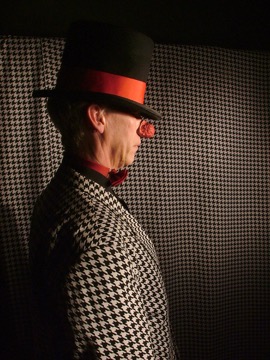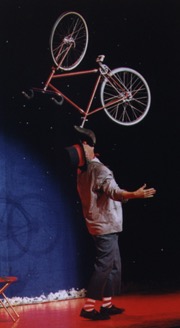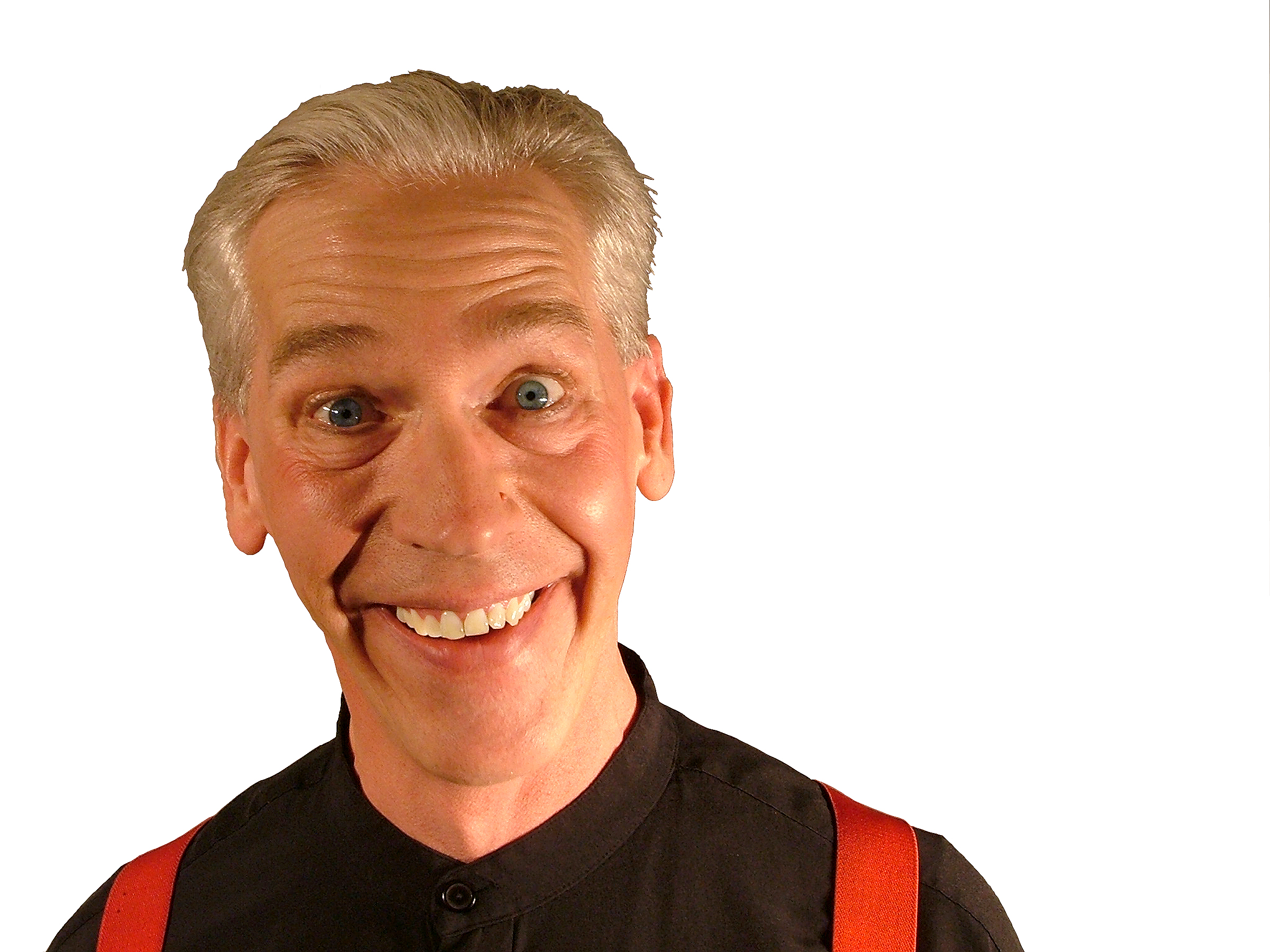This course is for those who want to create performance material. If you are, or wish to be, an Artist/Writer/Creator/Performer then this class will help you. Whether you are a clown, mime, juggler, magician, circus artist, variety artist, storyteller, ventriloquist, puppeteer, or just interested in creating performance, this class shows you the paths to creation, invention and improvisation.

We will explore the steps of the “creative process” and how to apply those principals in a disciplined manner. There are many theories about the creative process and what, and how many, those steps are. According to the various experts the number ranges from four to as many as ten. For our purposes we consider: Preparation, Research, Inspiration, Improvisation, Editing, Rehearsing, and Outside Resources.
Class activities include:
Movement. Mime, physical expression, physical characters.
Research. What was funny? What is funny? What will be funny?
Creation. How do we create a “clown” routine or act?
Improvisation. The ability to improvise varies among all people. Anyone who remembers how to play can improvise. And like most skills, practice will lead to an increased ability. The improvisational skills that we focus on are based in movement. By taking the voice out of the equation in trying to convey a thought or idea, the actor’s constant tool, the body, must invent and improvise in ways that are not unknown, but perhaps unfamiliar. Move like a squirrel. Stand like a tree. Tell me what your day was like.
It should come as no surprise that when we take away the burden of spoken language, the ability to communicate through gesture becomes easier.

Students will be led through a wide variety of improvisation exercises in solo, duet, and small group forms. The importance of listening in being able to improvise is chief among qualities. That listening includes observing and allowing input from other actors, directors, audience members, along with the constant bombardment of our own senses and thoughts, and accepting that input and furthering the ideas put forth. This same concept is taught in traditional Improv workshops through the idea of “Yes, and…”
As a fundamental step in the Creative Process, improvisation skills will help students in any situation involving problem solving. Besides enjoying the spontaneous sense of play, actors learn how to use that play to write, invent, and create new works.
Class activities:
PLAY. Students will be required to play, have fun, and be open to discovery.
